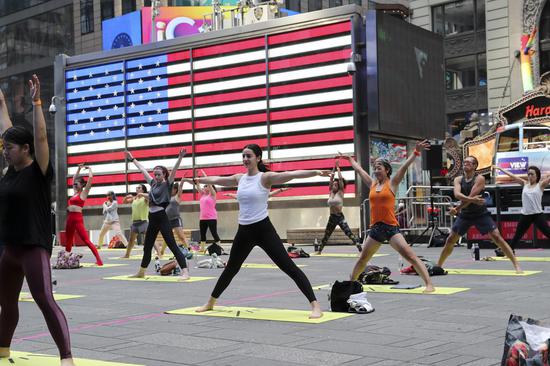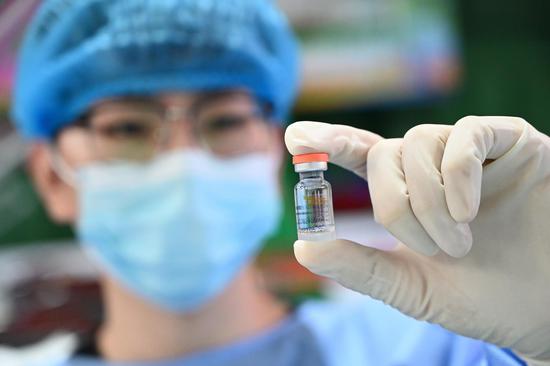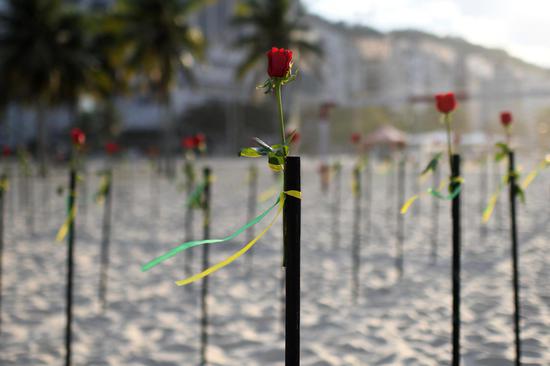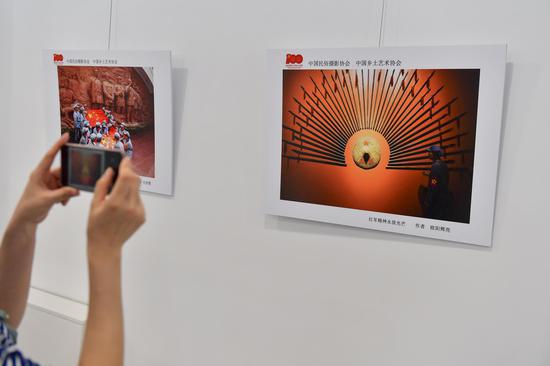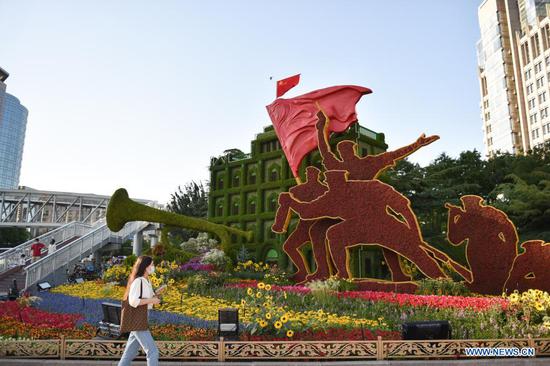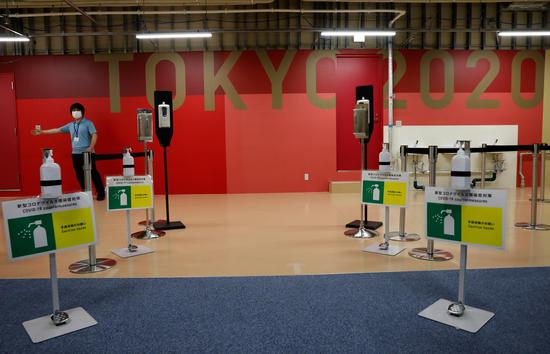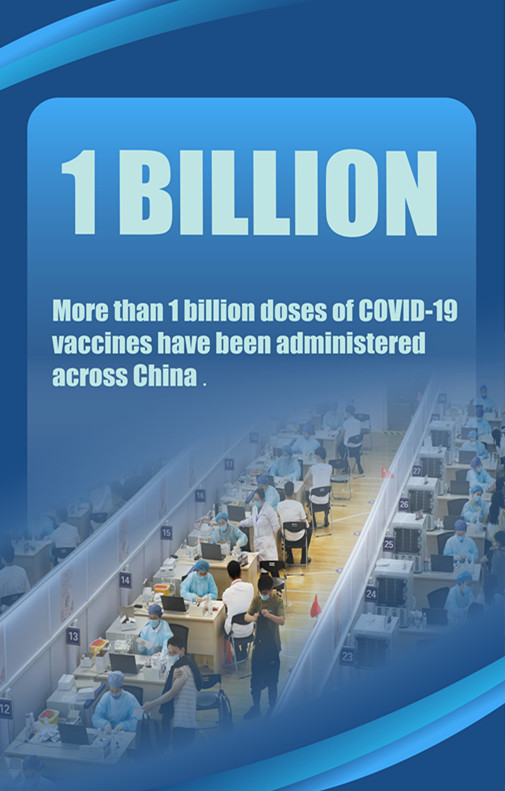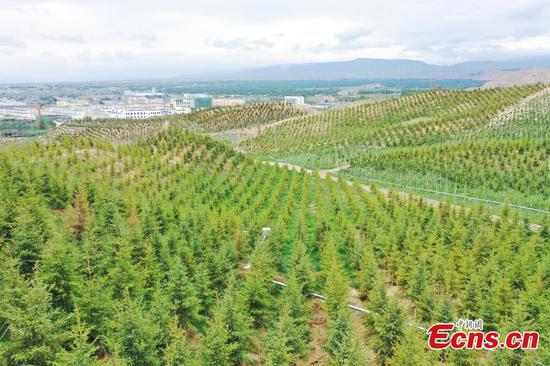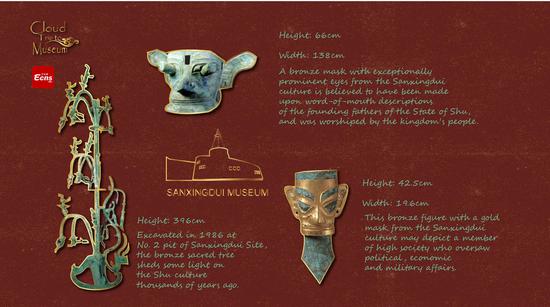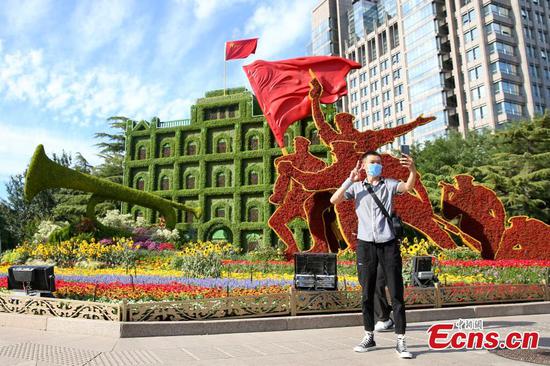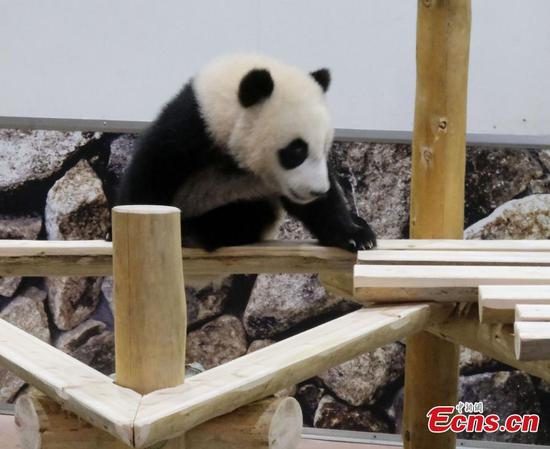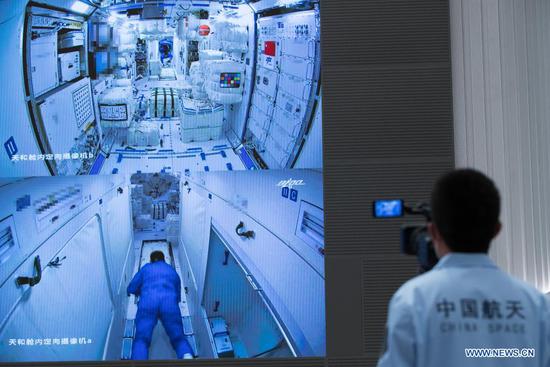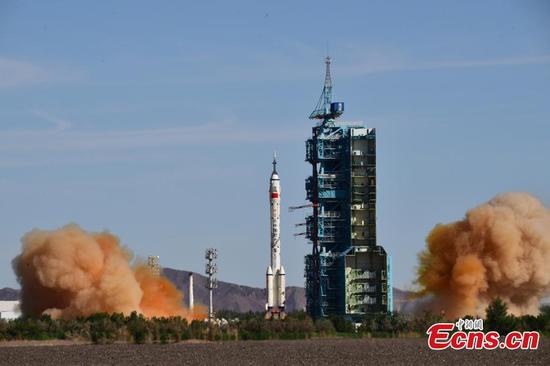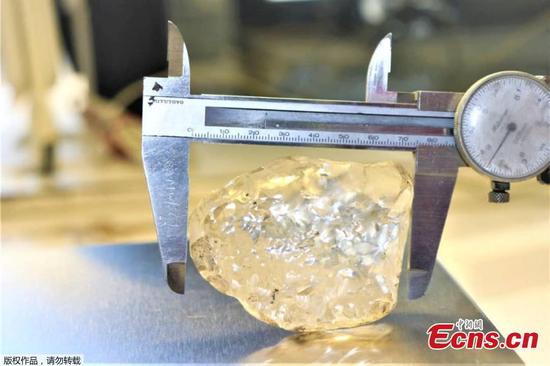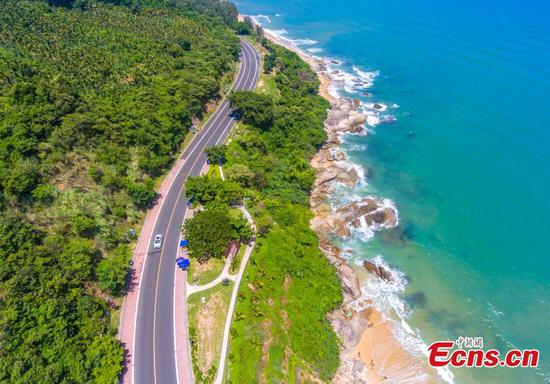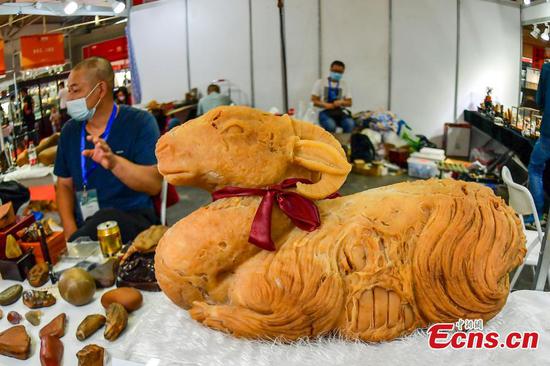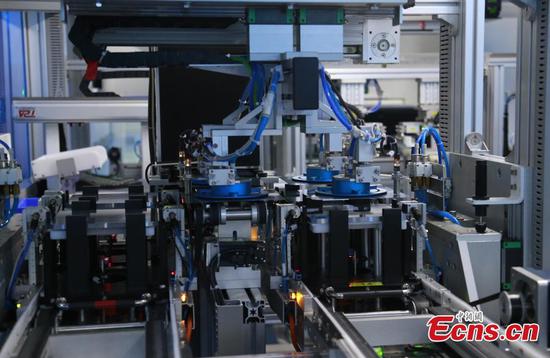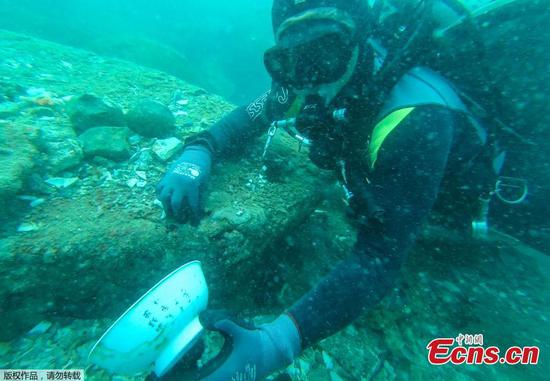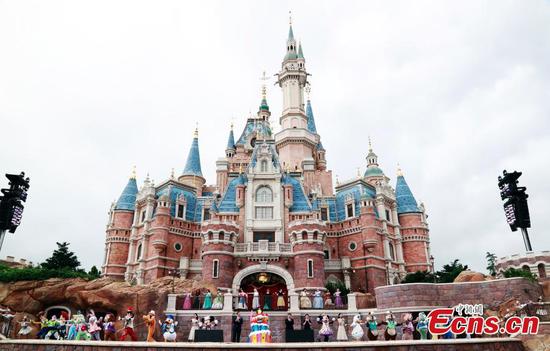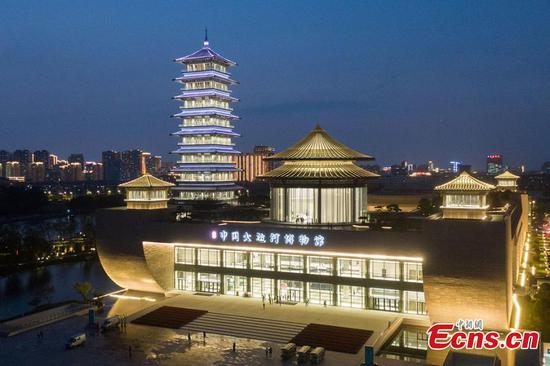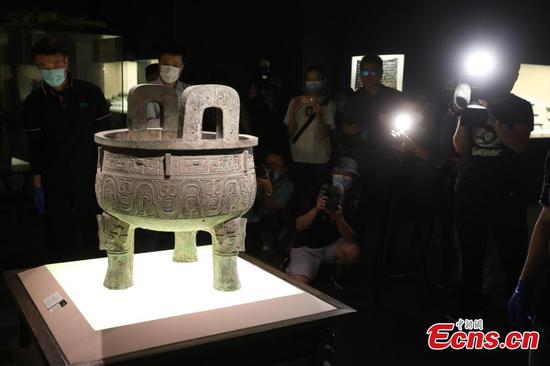The Japanese government's plans for companies and universities to begin administering COVID-19 vaccines on-site began on Monday for people aged under 65, while seven prefectures including Tokyo shifted from a fully-fledged to quasi-state of coronavirus emergency.
Major businesses administering jabs included SoftBank Group Corp., Central Japan Railway Co. and Itochu Corp.
Universities beginning their vaccination initiatives comprised Keio University, Tohoku University and Hiroshima University, among others.
The new inoculation campaign is aimed at speeding up the country's vaccination rollout and helping reduce the burden on local municipalities. The two-dose vaccine developed by U.S. biotech firm Moderna Inc. will be used for this initiative, Chief Cabinet Secretary Katsunobu Kato said previously.
Kato said that workplaces and universities will be in charge of deciding who gets vaccinated, although he recommended that the elderly and those with underlying health conditions be given priority.
The companies and universities, Kato said, will also be in charge of sourcing their own medical personnel to administer the jabs amid the nation's lack of medical personnel qualified to give the vaccinations, which has contributed to the country's sluggish rollout.
While 58-year-old Taro Kono, Japan's minister in charge of vaccination efforts received his first jab as government ministries here also began administering jabs on Monday, Kato visited the headquarters in Tokyo of one of Japan's biggest general trading companies Itochu Corp. to oversee the on-site vaccinations there.
He said the new initiative would take the strain off local municipalities and allow more people such as those who are self-employed and homemakers to be vaccinated in their local wards.
Kato also said after the summer the government is planning to inoculate Japanese citizens living abroad at Narita and Haneda airports. It will issue vaccination certificates to those who need them, he said.
On Thursday, Kato said the government is planning to allow municipalities to begin issuing "vaccine passports" from mid-July.
"To prepare for prompt issuance, we will first issue the vaccination certificates by paper but will also make consideration for their issuance in the digital format," Kato said.
The Japanese government wants its citizens carrying the documents verifying their vaccination status to be exempted or only have to undergo a shortened quarantine period when they travel.
The government here has been asking other countries to comply with this, while some business circles here are calling for the passports to be issued as soon as possible on hopes for increased overseas travel in twine with overseas economies reopening.
As the government ramps up its vaccination drive, it lifted the coronavirus state of emergency covering nine prefectures including Tokyo and Osaka on Monday, with Okinawa remaining under the emergency measures until July 11 due to a surge in COVID-19 cases and an overstretched medical system.
Seven of the nine prefectures including the capital are now under a quasi-state of emergency until July 11, which allows for targeted antiviral measures for particular areas within a prefecture, rather than the entire prefecture itself.
Health officials and local governments reported more than 1,300 new COVID-19 cases nationwide on Sunday.
Around 16 percent of Japan's population of 126 million has now received at least one dose of the vaccine.









